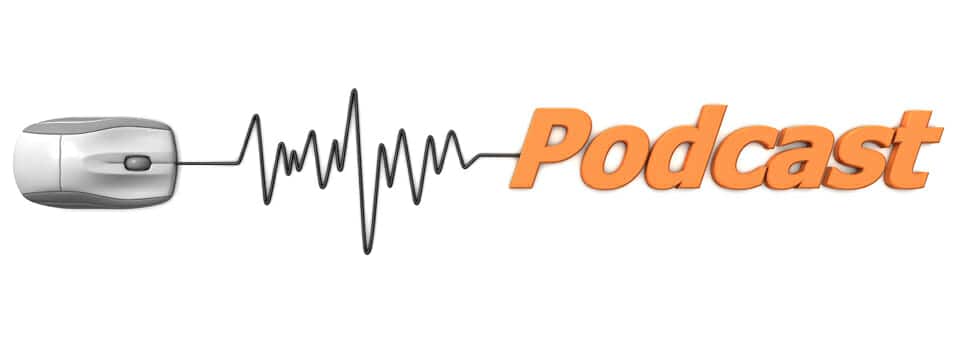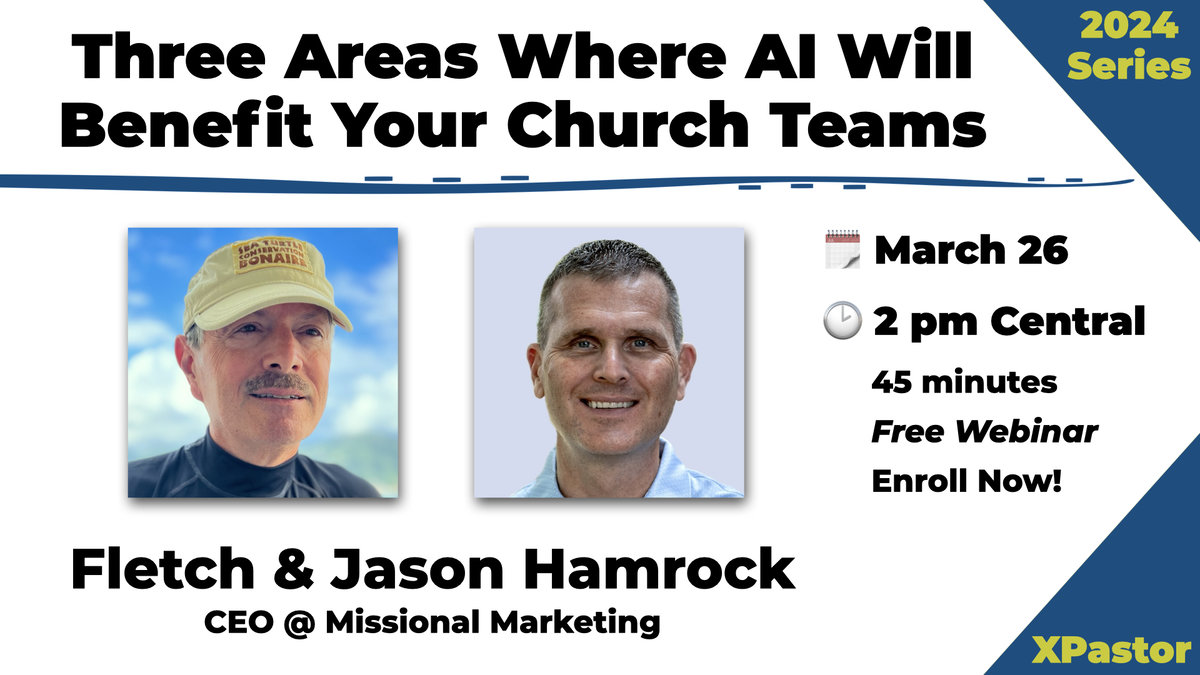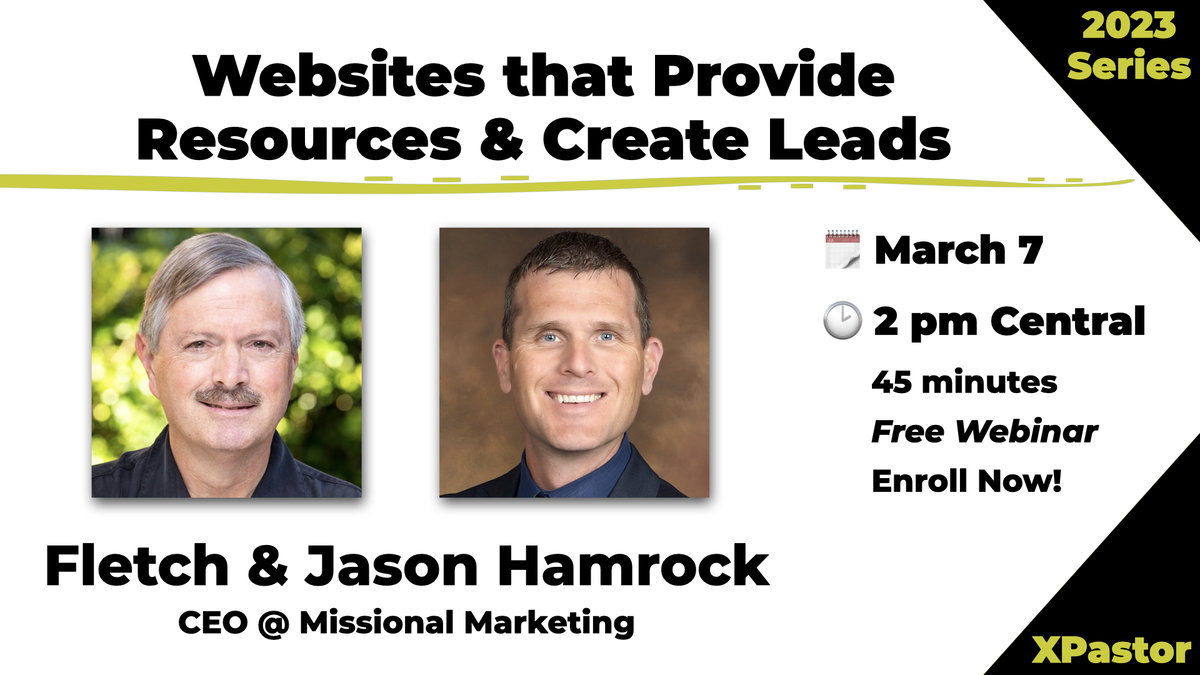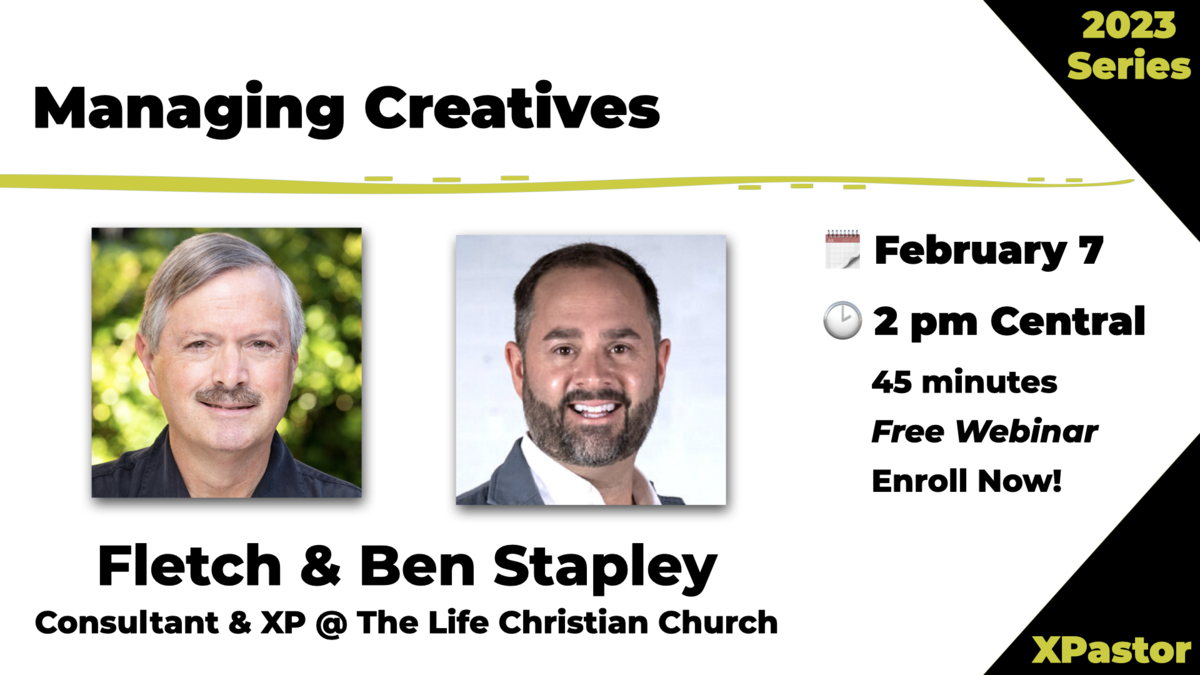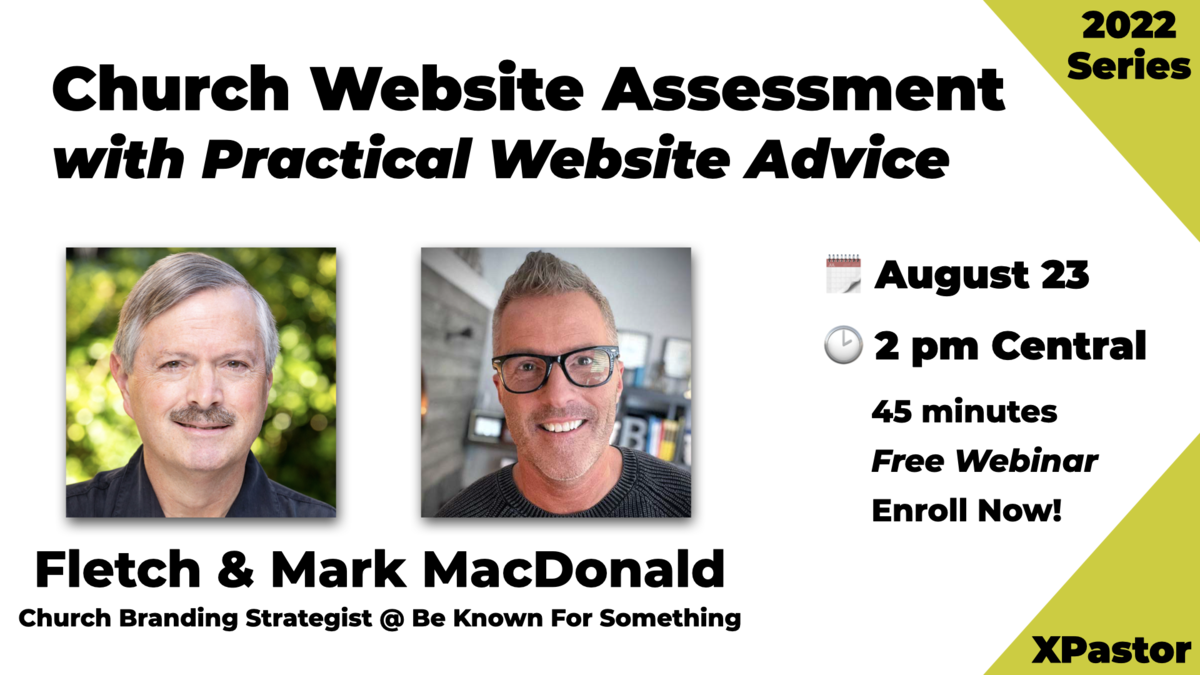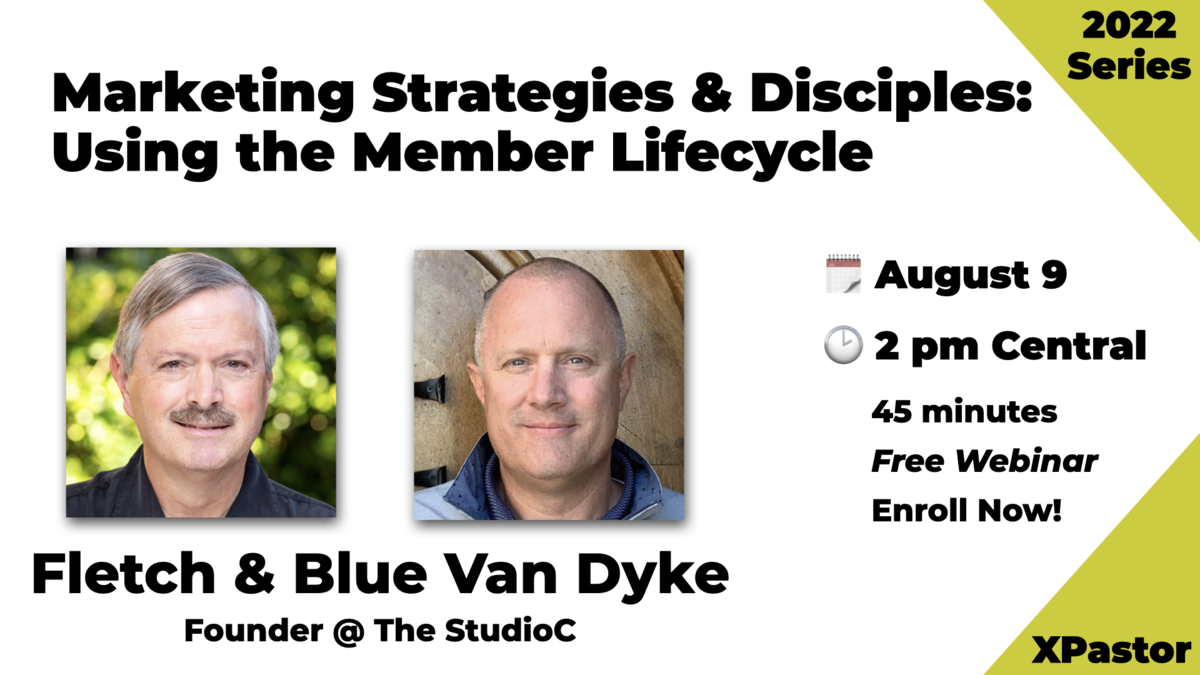There’s been a shift in the world. Is your church adapting? The shift is in how people use media and their expectation of what our churches offer. It all started when people could easily record TV shows and watch them when they liked. No longer did people have to wait until a certain time to get what they wanted.
Then came internet streaming … where people could “binge watch” as much of a TV series as they wanted. The music business was soon to follow. You no longer “own” music on disc or MP3. You “rent” all the music you want for a monthly fee.
Sermons on Demand
People now expect access to all the media they want, when they want it. Providing them full online access to our sermons, classes and training is important for three reasons:
- People no longer attend weekly. People now see themselves as committed members of your church if they attend 1-2 times a month. A full slate of podcasts allows them to stay current.
- Online is how people find a church. Most people initially find churches through an internet search. They then listen to a sermon online. Only after listening will they consider actually visiting your building.
- Busy people need alternatives. The demands of work and family life mean most people can’t be at church 2-3 days a week. Information is as easily conveyed by podcast as it is on onsite classes and trainings.
Podcasts are Personal
Podcasts are game changing because they are personal. They move us from the old school world of “broadcast” (literally meaning to spread seed widely) information to that of personalized, “narrowcast” information. Not long ago, a handful of communications companies used broadcast television, radio and newspapers to reach huge numbers of people with mass appeal information. Now, through podcasts, anyone can reach the world. The audience expects information tailored to their specific interests (rather than only having access to broad-appeal content).
Using Podcasts to Improve Your Spiritual Life
People all around us are using podcasts to enrich their spiritual lives. I asked some folks at my church how they use podcasts:
Study: Receptionist Jennifer Avenell uses her computer to download sermons for study purposes. She puts her kids to bed and has quiet time that includes listening to a sermon on her kitchen computer. She frequently pauses the sermon to reference scripture, which she finds using an online Bible.
Business Travel: Media Director RJ Whitlow maintains our church podcasts. He frequently hears from the business community. “Our traveling aerospace congregation members love it as they can take it on the road with them,” says Whitlow.
Road Trips: Teacher Ryan Johnson likes to load up his iPod with sermons. He then listens to several during long car trips. Says Johnson, “I like to listen to a preaching series kind of like reading a book series. I hate to wait for the next episode.”
Sharing: Johnson shares teachings by offering his earbuds. “I have been able to share some things I have been listening to with friends who otherwise would not have heard, or even attempted to listen to that kind of material, simply because it was at my fingertips.”
Reaching Youth: Our youth pastor records his teachings and posts them on our student website.
Small Groups: Our church receives great feedback from small groups. Some of our leaders download weekend messages and listen again before their weeknight small group discussions. One member emailed this message, “Love that you have this on your website. The wife and I listen every week. We run our weekly small group in our home using the sermons.”
Worship: Our worship pastor initially bought his mobile device to hold his 800 CD music collection. It was only after purchasing it that he discovered sermons and audio books. He now uses his mobile device more for the spoken word than for music! He listens to sermons for about thirty minutes at a sitting and enjoys hearing a message several times to “really get the point.”
Holy Matrimony: Here is another use from teacher Ryan Johnson. He used his mobile device to propose to his fiancé. “I popped an ear bud in her ear and danced on New Year’s to some special songs before getting down on my knee.”
Are Internet Sermons Unfair Competition?
If people can listen to church podcasts from all over the world, will it change what they expect from their local sermons? Do podcasts put additional pressure on teaching pastors?
Matt Nystrom, guitarist for the band Threefold, regularly listens to sermons on his iPod. He believes, “…outside teachings will change our expectations of our home church. I see podcasts as a way to hold our local church leaders accountable while gaining a valuable outside perspective as to what God is doing around the world.”
Northshore Christian Church Elder Board Chairman Glen Cowan believes podcasts can be a two-edged sword. “There is certainly a danger that people would begin to rely on the podcasts and forego local church participation, but that has always been the danger with television and radio. Programs that are truly grounded in the Word are aware of this danger and strongly encourage remote listeners to attend and participate in a local church body.”
Cowan adds, “(Podcasts) can change people’s expectations of what should be happening in the pulpits in their home churches. This is healthy if this expectation focuses on the content of what is being preached and doesn’t put unreasonable expectations on small town pastors to compete and communicate like the few, very select speakers on the national stage.”
Podcasts change attitudes according to Port Gardiner Community Church Senior Pastor Chuck Hickman, “…it definitely raises my expectation for my home church. I think all forms of modern media raise our expectations.”
Podcasts: Not Just for Sermons Anymore
Your church website can offer a great variety of podcasts based on the teaching and programming that you are already doing. Any church activity, testimony, class, Sunday school, Bible study, special speaker, meeting, prayer session, night of praise, leadership training, youth meeting, forum or conference can easily be recorded (audio and/or video) and offered as a podcast. It may be especially helpful to podcast your church’s standard membership and spiritual development courses.
Audio recording of events is as simple as hooking a microphone to a laptop and recording an MP3 file. Even old material can find a new life. Old recordings of teachings can become a treasury simply by offering them online as podcasts.
How to Podcast, Get on iTunes
It is surprisingly easy to begin podcasting, Here’s how to get started.
Record your message in MP3 format. Connect a microphone or mixing board to a computer. Use any program that records audio. There are two good free software programs available (Audacity at www.audacity.sourceforge.net and MP3myMP3 at www.mp3mymp3.com). When your message is over, simply save the recording as an MP3 file. With the growing number of video iPods, many churches are considering offering video podcasts. Our church recently began to offer both video and audio versions. The availability of video is especially exciting to our congregation.
Post the MP3 file on your website. This is how your message is actually distributed to the world. Your message resides on a web server and can be downloaded by listeners. If you don’t want to use your church website, you can use free or paid podcast hosting services.
Create a RSS feed. This is the feed to which your listeners subscribe so they can automatically download new editions of your podcast. Together an MP3 audio file (your message) and a RSS feed (subscription and “where to find” information) form a podcast. To create an RSS feed for your podcast, check out a program called FeedForAll (www.feedforall.com) It is inexpensive and easy to use.
Publicize your podcast. Let people know about your podcast using tools you already have available. Pulpit/bulletin announcements and a link from your home page work well. Don’t forget to welcome podcast listeners when you greet from the platform (“We would like to welcome you and all those listening on the internet today.”) For publicity outside of your church, you can list on internet podcast directories or use Google AdWords.
Get on iTunes for free! To better give your podcast a national platform, make it available at Apple’s iTunes store. Your podcast can be listed at no cost to you or your listeners. Simply go to the podcast section of iTunes (https://www.apple.com/itunes/podcasts/specs.html) and follow the instructions for submitting a podcast. Our church podcast was available on iTunes within twelve hours of making our submission.
Podcasting can be done easily and for free. Why not begin this month?

